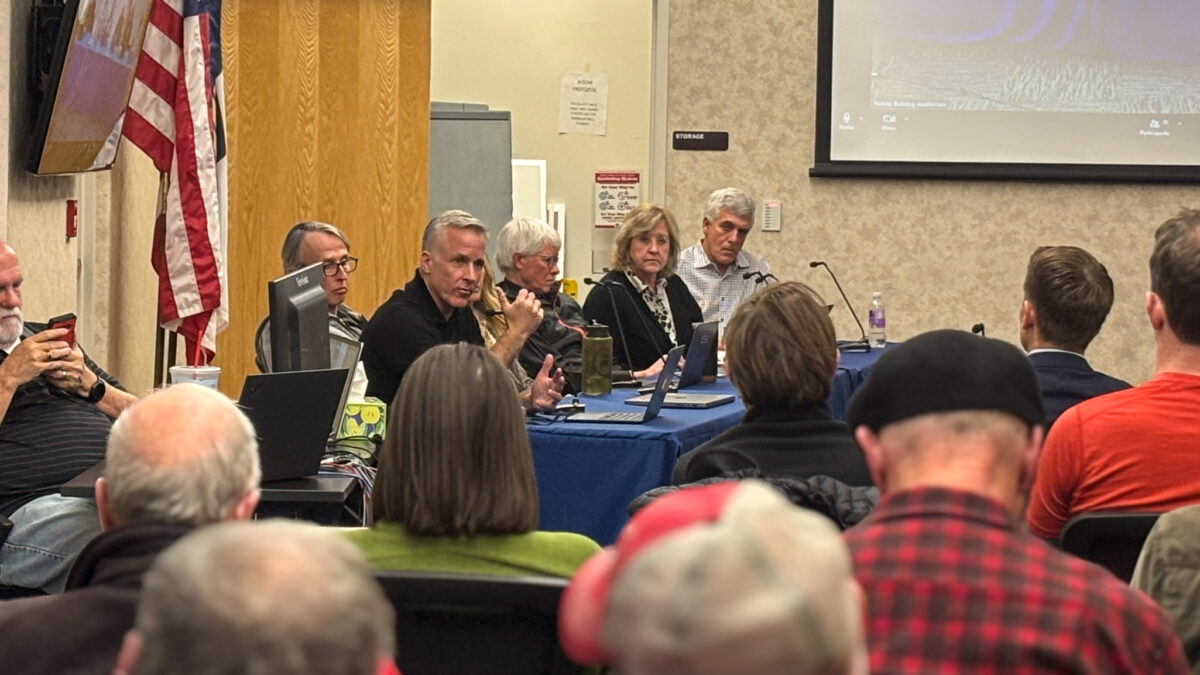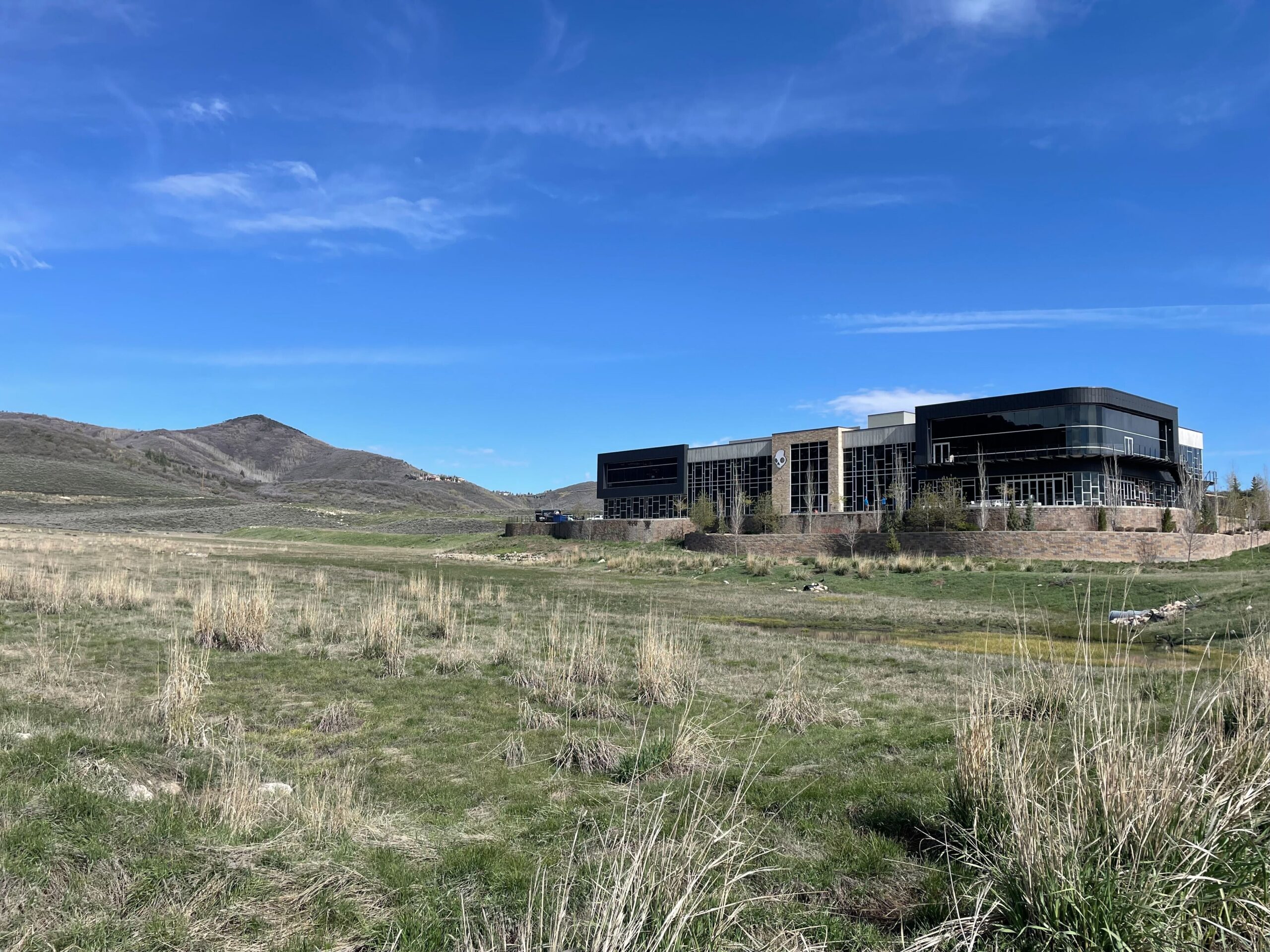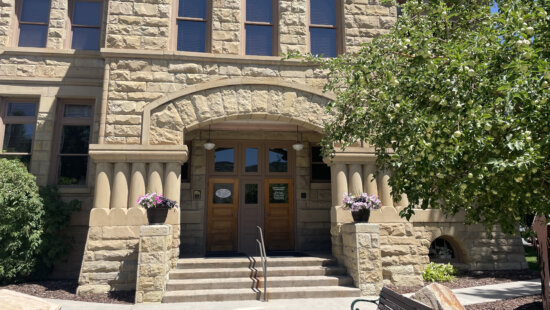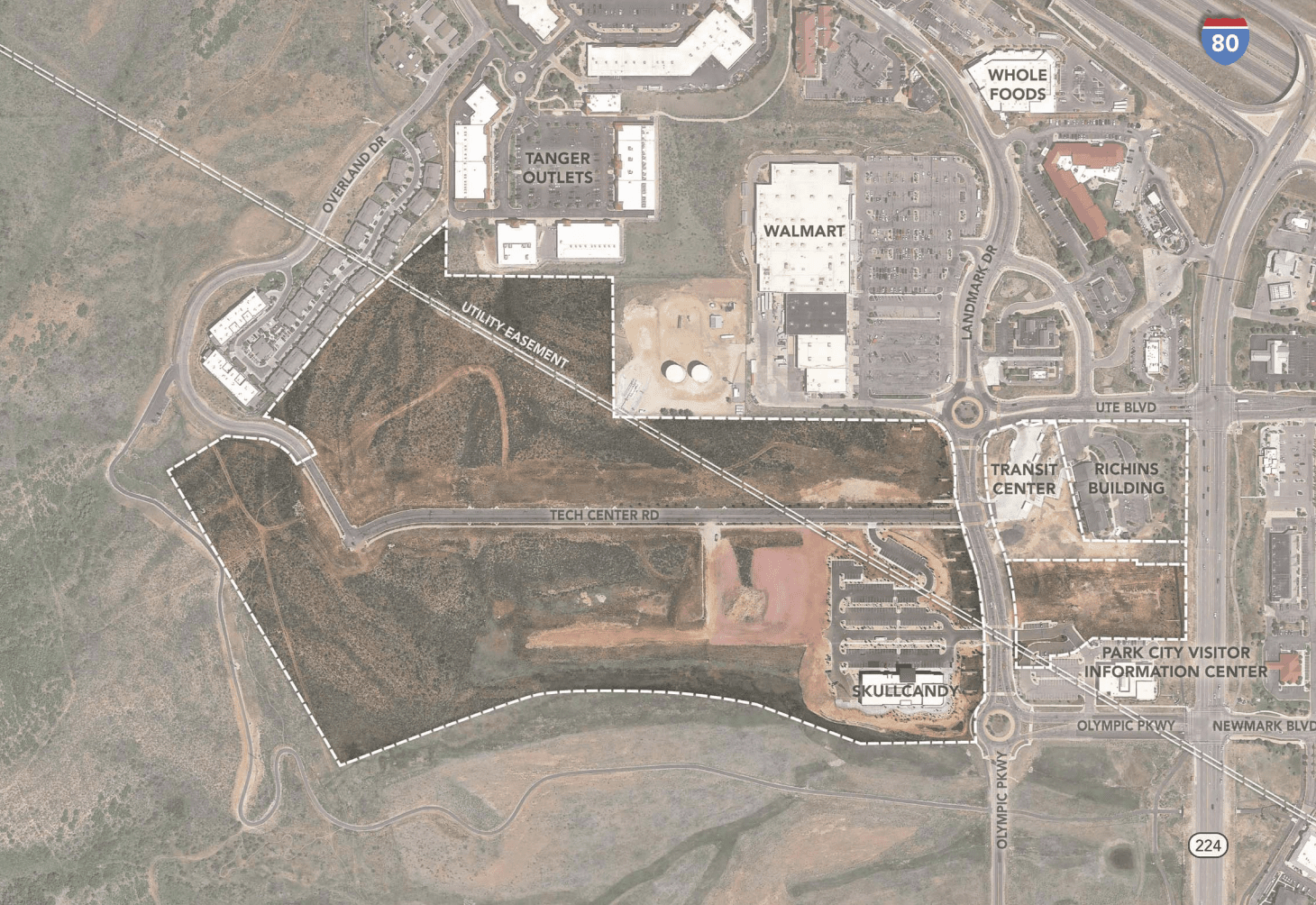Politics
Summit County residents silenced as legislature green lights Dakota Pacific development

Summit County Council member Canice Harte speaks to a room of constituents during the meeting held Dec. 18, 2024 when the County Council approved the amended development agreement for Dakota Pacific. Photo: TownLift
Senate Bill 26 removes local control over development and makes the Dakota Pacific referendum effort moot, County officials say
SUMMIT COUNTY, Utah — A new bill from the Utah Legislature could override Summit County’s authority over the controversial Dakota Pacific development in Kimball Junction, raising concerns among local officials about the erosion of local control.
Senate Bill 26, which was signed by Governor Spencer Cox on March 12, effectively codifies the Summit County Council’s 4-1 vote on Dec. 18, 2024, approving an amended development agreement between the county and Dakota Pacific Real Estate. The project, which includes a large-scale mixed-use development with housing, retail, and office space, has faced fierce community opposition — culminating in a grassroots referendum effort that gathered over 6,000 signatures to challenge the council’s decision.
For Summit County residents hoping the referendum might stop Dakota Pacific’s development altogether, County Manager Shayne Scott offered a grim outlook: “We can fight this, but I think it’s going to be taken on by somebody else.”

The legislation shifts key decision-making power away from Summit County, transforming what was once a local entitlement process into a more state-controlled administrative process. According to Scott, the bill essentially blesses the development, ensuring Dakota Pacific can move forward regardless of the referendum’s outcome.
“The unfortunate part is that it was taken out of our hands,” Scott said. “The development has been granted, so to speak.”
In theory, the council won’t even see this again,” Scott said. “If the referendum fails, my guess would be Dakota Pacific would sign the development agreement from December 18. If not, this legislation makes it so they don’t have to.”
S.B. 26: County officials saw it coming
Scott confirmed the bill wasn’t a surprise. “It’s the bill we knew was going to come, and it’s not a surprise that it’s landed,” Scott said. “The legislature kind of threatened [it], for lack of a better word.”
He explained that while the county may retain some influence over design guidelines of the Dakota Pacific project, along with deed restrictions, and construction phases, the ability to block the project altogether is now off the table. He likened the new framework to a conditional use permit — where approval is a given, but the county can attach conditions.
While Summit County has long prioritized maintaining local authority over land use decisions—hiring lobbyists and advocating against state policies that erode that control—the passage of S.B. 26 raises questions about the effectiveness of those efforts. Despite engaging with legislators and emphasizing the county’s commitment to self-governance, officials were ultimately unable to prevent the bill’s advancement. It remains unclear what additional measures the county could have taken to stop the legislation or whether any legal or political recourse remains.
“We had an opportunity to talk to [the Legislature] about it and tell them that we value local control,” Scott said. “Even in this case, where they have codified something that we adopted 4-1 in our council meeting… the referendum, part of the process, has been superseded.”
SB 26 also ties into Utah’s Housing and Transit Reinvestment Zone (HTRZ) program, which aims to boost transit-oriented development. Scott acknowledged the bill could give the county access to new tools for funding area improvements — something previously off-limits — but he remained cautious.
“It actually made [the HTRZ portion] better for us,” he said. “We were unable to utilize that tool before. I think now we could — I don’t know that we will.”
While the bill doesn’t explicitly name Summit County or Dakota Pacific, Scott said the language was crafted so narrowly that it effectively applies only to this project. “It’s just like the one two years ago,” Scott noted, referencing another targeted bill SB 84. “If you have a county of the third class and you have a transit center in a certain location… it’s very similar.”
Now that Cox has signed the bill, Dakota Pacific could begin the administrative approval process immediately upon his signature. Scott speculated that the developer may proceed with the process in parallel with the referendum, ensuring they’re ready to move forward regardless of whether voters manage to get the issue on the November ballot.
For Summit County officials, SB 26 represents more than a single development. It raises broader questions about whether local governments will have the power to shape their communities — or if the Legislature will continue to step in.
“The ability for us to make it the way we want it is still there,” Scott said. “If we don’t want it at all… I think that’s been removed from us.”
Editor’s note: Governor Cox signed S.B. 26 at 5:00 p.m. on March 12. The story has been updated where needed to reflect this as it was published previous to his signature.




















